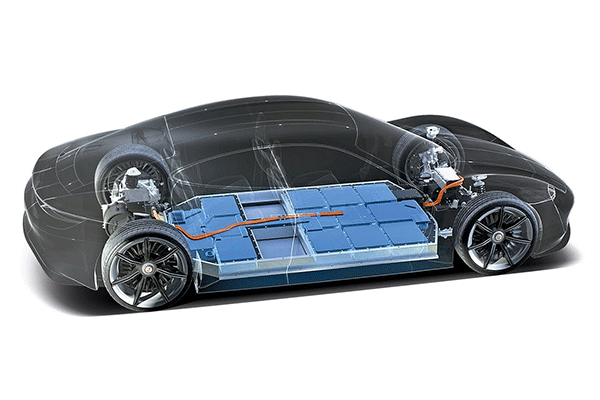European car manufacturers are significantly lagging behind their rivals in competition for electric vehicle battery raw materials in the United States and China, according to a new research report from the European Transport and Environment Federation (T&E) in Brussels. This report, based on an analysis of open contracts, shows that European manufacturers only get one-sixth of the key electric vehicle battery raw materials needed to meet their 2030 sales targets, far behind U.S. Tesla and China’s Biady.

Research shows that Tesla and Biady have taken sufficient steps to ensure the supply of uranium, lithium and uranium to meet their 2030 sales targets.In contrast, European automakers, in addition to Volkswagen in Germany and Stellantis in the Netherlands, most perform poorly in obtaining these critical battery raw materials.
In addition, the report noted that European automobile giants such as Mercedes-Benz, BMW and others had insufficient information on access to raw materials such as lithium, uranium and uranium, which increased uncertainty about the achievement of future electric vehicle sales targets.While some car companies may have concluded secret agreements with suppliers and some are still looking to reduce reliance on expensive uranium and uranium, publicly disclosed contract information still indicates European car companies are at a disadvantage in electric vehicle battery raw materials.
Julia Poliscanova, Senior Director of T&E Automotive and Electric Vehicles, noted that the supply chain strategy will determine the failure of the European electric vehicle transformation and may leave some companies behind the times.
Benchmark Mineral Intelligence forecasts are also consistent with T&E’s report, which predicts that some key materials will face a lack of supply in the next decade. Benchmark predicts that as China, Europe and the United States rapidly get rid of gasoline and diesel vehicles, the demand for lithium in the automotive industry will double by 2030, but there may be a gap in output.
Caspar Rawles, chief data officer at Benchmark, noted that lithium could be a limiting factor in the scale expansion of the battery industry.He stressed that large-scale mining projects typically take at least five years to start mass production, so car companies need to make investment decisions in the next year or two to ensure an increase in supply by 2030.


 Follow customer service WeChat
Follow customer service WeChat